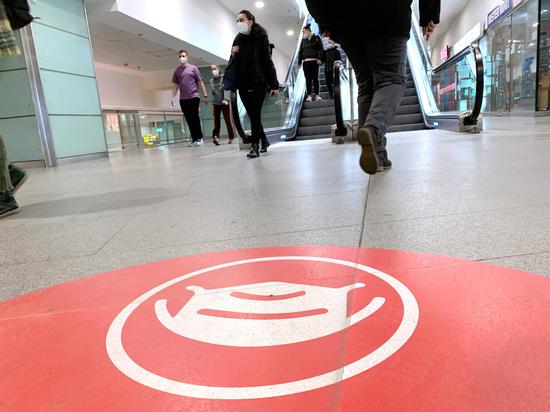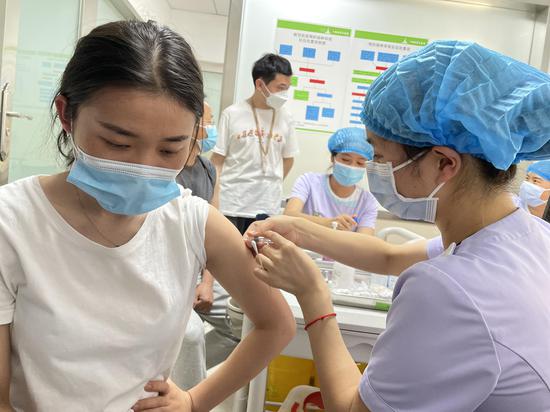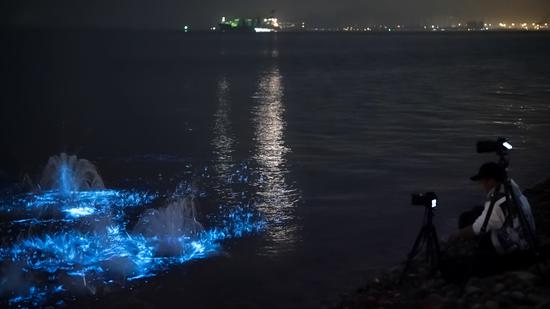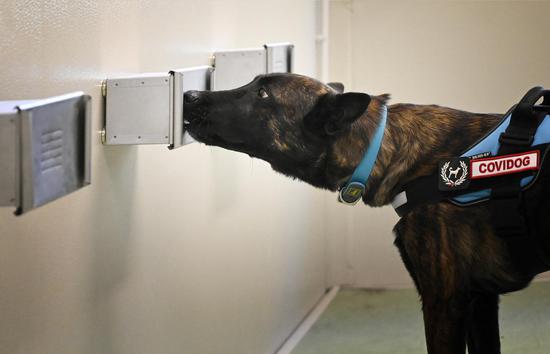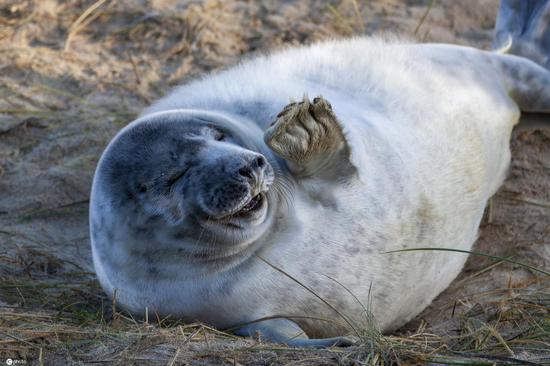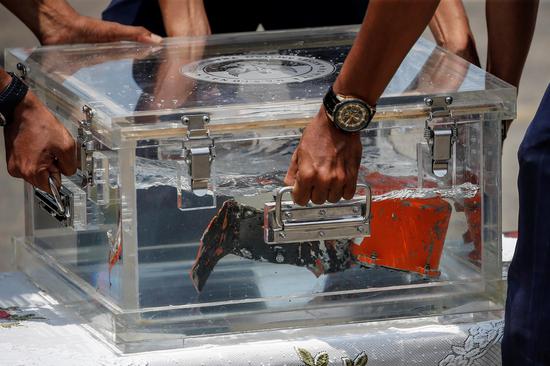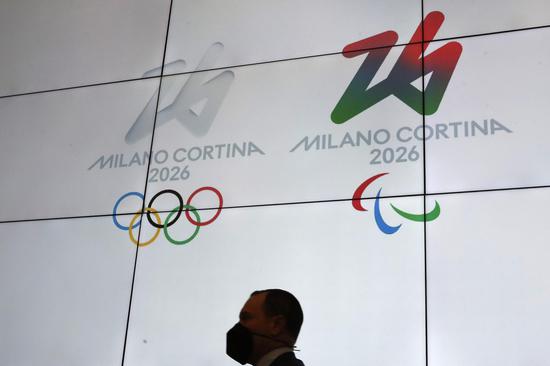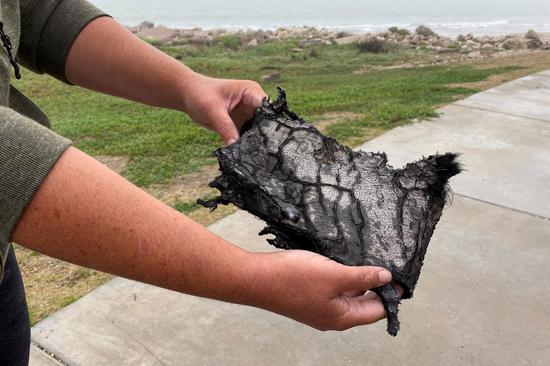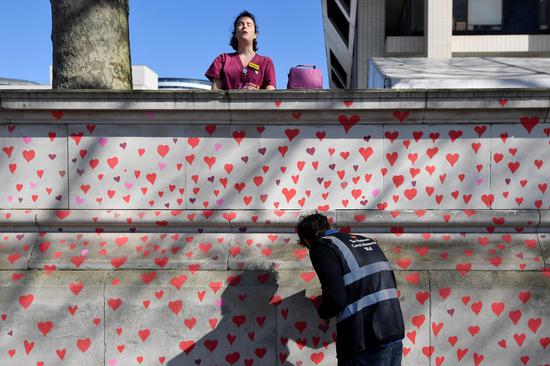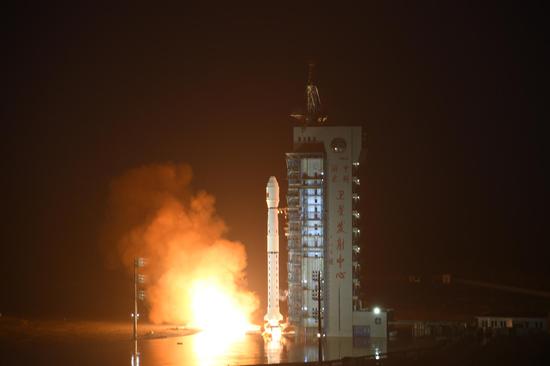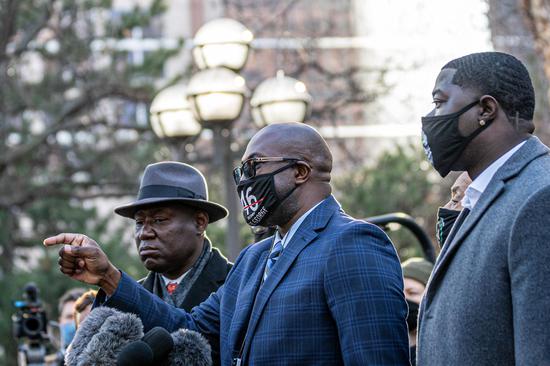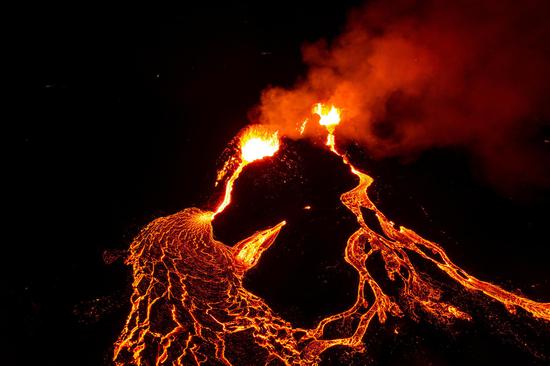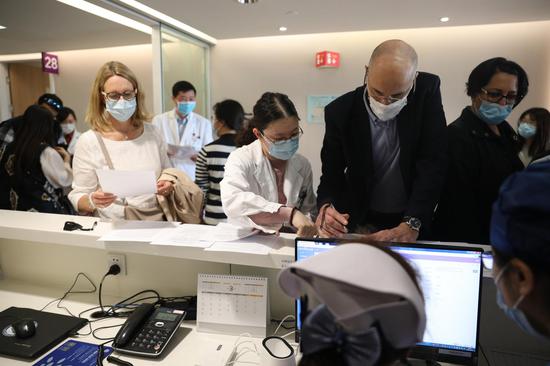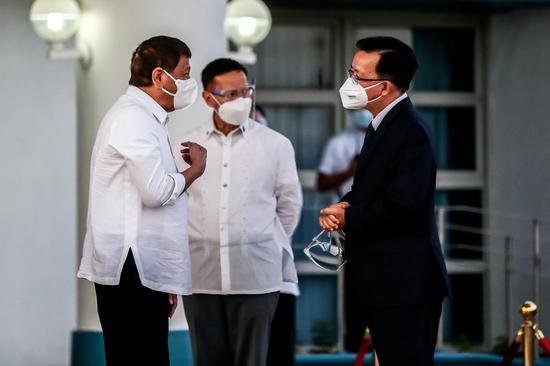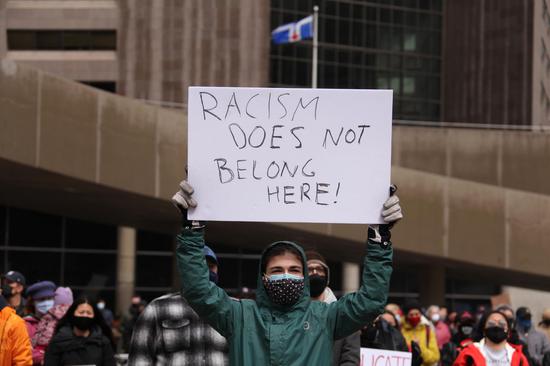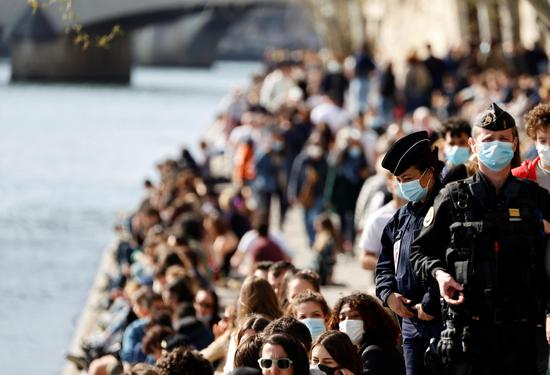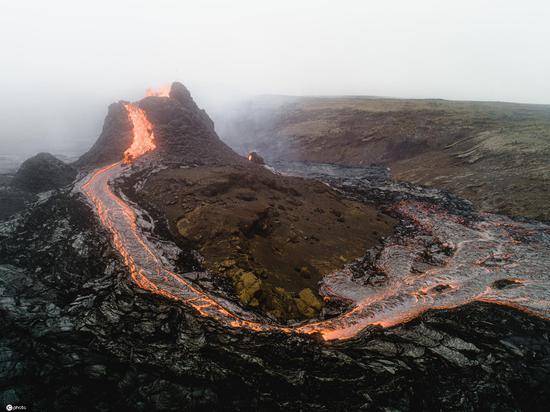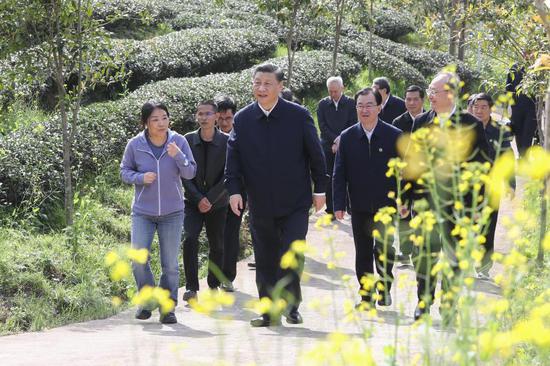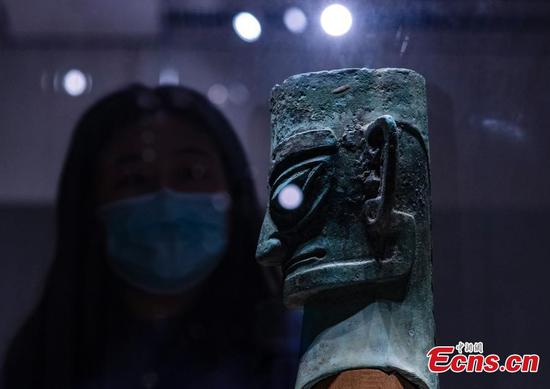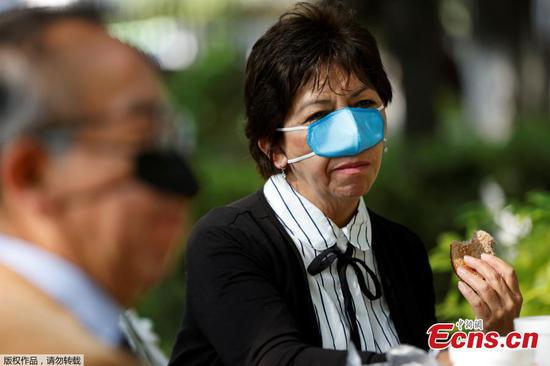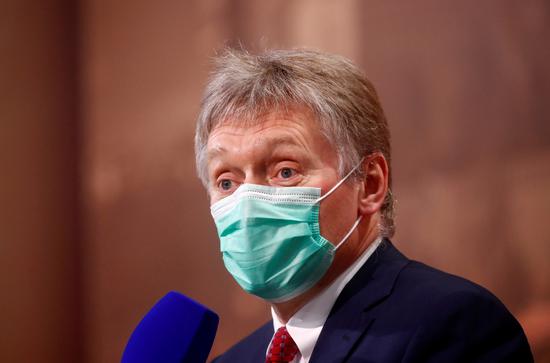
Kremlin spokesman Dmitry Peskov wearing a protective face mask attends Russian President Vladimir Putin's annual end-of-year news conference, held online in a video conference mode, in Moscow, Russia, Dec 17, 2020. (Photo/Agencies)
Russia on Wednesday voiced its anger over a report by the United States that accused the country of human rights abuses.
Kremlin spokesperson Dmitry Peskov, in rejecting the allegations leveled by the U.S., said Russia would not allow itself to be spoken to "from the position of force".
Peskov made the remark in an interview with Russian newspaper Argumenty i Fakty.
He was referring to a U.S. State Department report on the rights situation in nearly 200 countries last year, and it regularly mentions "very similar talking points" when it comes to Russia, he said. "Depending on the period our bilateral relations are in, the intensity of these statements goes up or down. Naturally, we do not agree with it. We have a corresponding reaction to it."
The State Department report-released on Tuesday-described a deteriorating picture for human rights across the world, and called out Russia's targeting of political dissidents, among other alleged abuses.
The report on Russia cites the alleged poisoning of opposition figure Alexei Navalny, who was jailed in February when he returned from Germany after receiving treatment.
The report said "credible reports" indicated officers from Russia's Federal Security Service poisoned Navalny with a nerve agent, an accusation that Russia has repeatedly denied.
"The Americans keep repeating like a mantra: We will speak with everyone from the position of force. Neither Russian President Vladimir Putin nor anyone else in the Russian leadership will let the Americans or someone else talk to us like this. This is ruled out,"Peskov said in the interview.
Peskov said Russian Ambassador to the U.S. Anatoly Antonov returned to Moscow for consultations to help review Russia-U.S. relations under the new administration of President Joe Biden.
Scope for cooperation
However, Peskov said there still are issues that the two countries can discuss, including "strategic stability, arms control and efforts to resolve regional conflicts". In particular, there is a need to discuss the Joint Comprehensive Plan of Action on Iran's nuclear program "and other global problems".
Asked whether Russia would consider severing diplomatic ties with Washington, Peskov said he did not want to speak about "extreme scenarios".
Russian state news agency Tass reported on Thursday that the U.S. Consulate General in the far eastern city of Vladivostok will remain suspended. U.S. Ambassador to Moscow John Sullivan said its Consulate General in Yekaterinburg will remain open. On Thursday, it suspended visa issuance and services for U.S. citizens.
"This decision was made in close consultation with the secretary of state following a lengthy review of the safety and security of the U.S. diplomatic mission and our personnel in the Russian Federation," Sullivan said.
On Wednesday, Russian Foreign Minister Sergei Lavrov said he expected that what he termed inclusive processes could be achieved in bilateral relations.
He noted the encouraging signals from the Biden administration for some form of compromise on the Joint Comprehensive Plan of Action-the agreement that Iran struck with world powers in 2015 limiting its nuclear ambitions. The U.S. withdrew from the pact in 2018.











